
Where are the politics of Bafana Bafana?
While most sports in South Africa are inseparable from the national political imagination, men's football manages to stay relatively removed.

While most sports in South Africa are inseparable from the national political imagination, men's football manages to stay relatively removed.

Bafana Bafana’s resurgence has been forged where South African football always lives—between brilliance and the bizarre.

In his latest exhibition, Khanya Zibaya charts the psychic and spatial terrain of a city where homelessness, decay, and human resilience sit uneasily together.
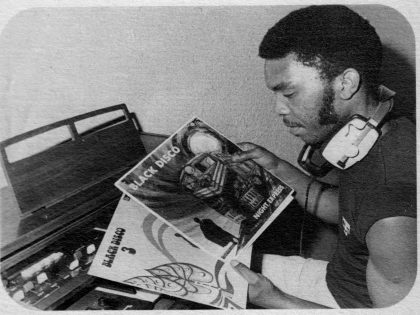
From Actonville to global stages, Pops Mohamed blended tradition, futurism, and faith—leaving behind a musical archive as luminous as the spirit he carried.

Davido’s appearance at 'Amapiano’s biggest concert' turned a night of celebration into a study in Afrophobia, fandom, and the fragile borders of South African cultural nationalism.
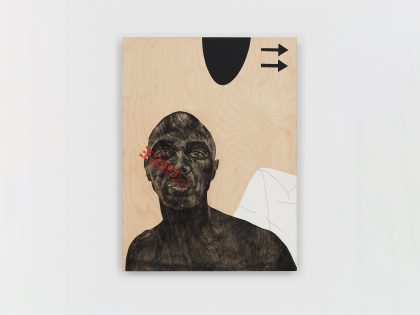
Drawing on his forced migration from Rwanda, Serge Alain Nitegeka reflects on the forms, fragments, and unsettled histories behind his latest exhibition in Johannesburg.
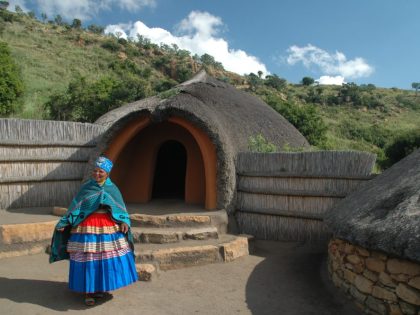
While the world debates restitution, Africa’s own heritage institutions are collapsing. The question is no longer who took our past, but who is keeping it alive.

Africa’s first G20 presidency could mark a turning point for the continent—or simply another performance of green-washed extraction led by mining elites.
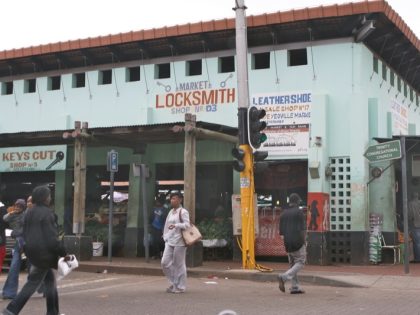
From indirect rule to Operation Dudula, the lines dividing citizen from stranger trace back to the way empire organized identity and labor.

Francesca Albanese’s visit to South Africa exposed a truth we prefer not to face: that our moral witness has hardened into ritual. We watch, we clap, we call it solidarity.

The passing of the pioneering South African writer and critic leaves behind a body of work that challenged racial mythologies, unsettled identity politics, and grounded transhistorical vision in the particulars of place.

The apparel brand Drip was meant to prove that South Africa’s townships could inspire global style. Instead, it revealed how easily black success stories are consumed and undone by the contradictions of neoliberal aspiration.
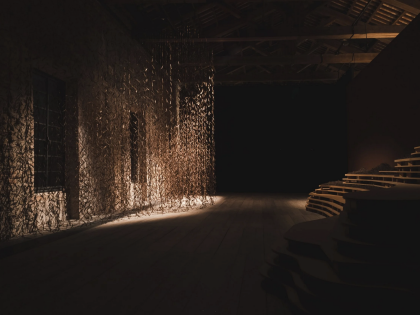
MADEYOULOOK’s 'Dinokana' debuted at the 2024 Venice Biennale. Now back home, Molemo Moiloa and Nare Mokgotho reflect on sound, place, and why their work is always meant for South African audiences first.
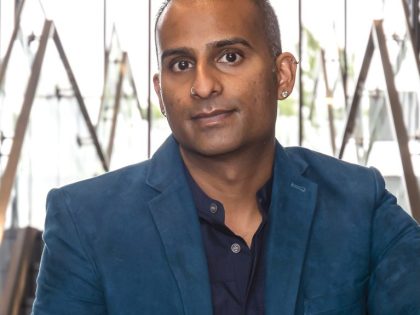
South Africa’s visual culture reveals that its racial categories were never fixed, while the history of indenture complicates the terms of solidarity and exclusion.
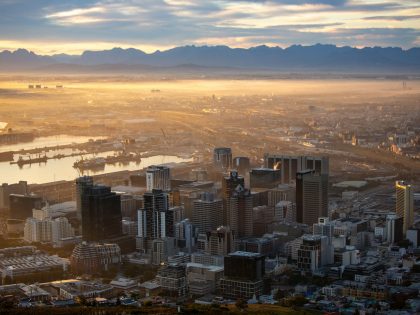
What does it mean to imagine a city with no fixed essence, only shifting histories and unstable forms of power?

Charlie Kirk was not a household name in South Africa. Yet, as evidenced by the local outpouring of grief that followed his death, South Africans must confront the truth: his ideas were already at home.
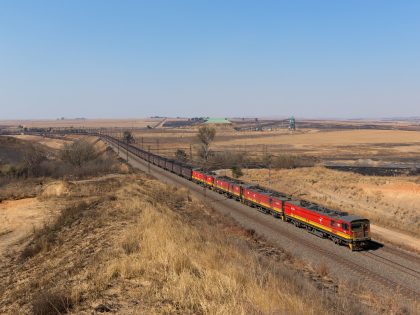
A Johannesburg-Cape Town high-speed line could turn apartheid’s corridors of extraction into a green spine of connection, industry, and justice.
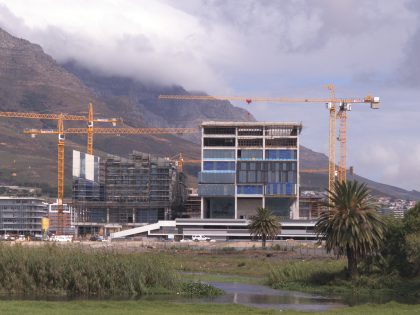
K. Sello Duiker’s 'The Quiet Violence of Dreams' still haunts Cape Town, a city whose beauty masks its brutal exclusions. Two decades later, in the shadow of Amazon’s new development, its truths are more urgent than ever.

In echoing the anti-trans panic sweeping the Global North, South African political heavyweight Helen Zille joins a reactionary tradition of racialized sex policing.

As far-right politics gain traction across the globe, some South Africans are embracing Trumpism not out of policy conviction but out of a deeper, more troubling identification.